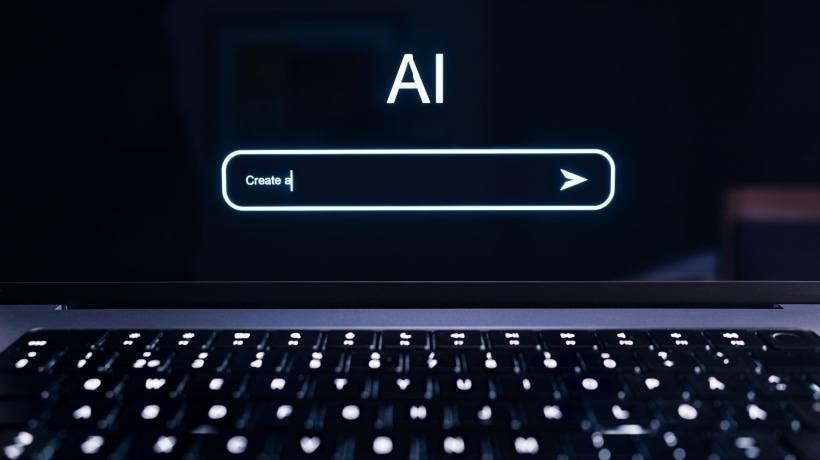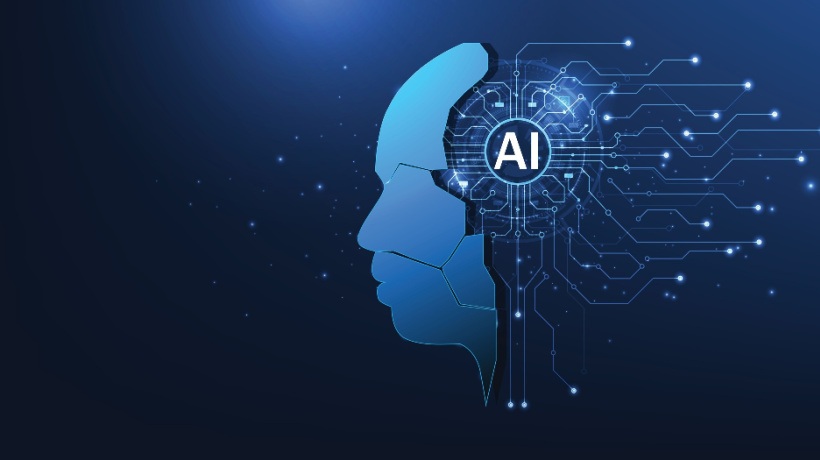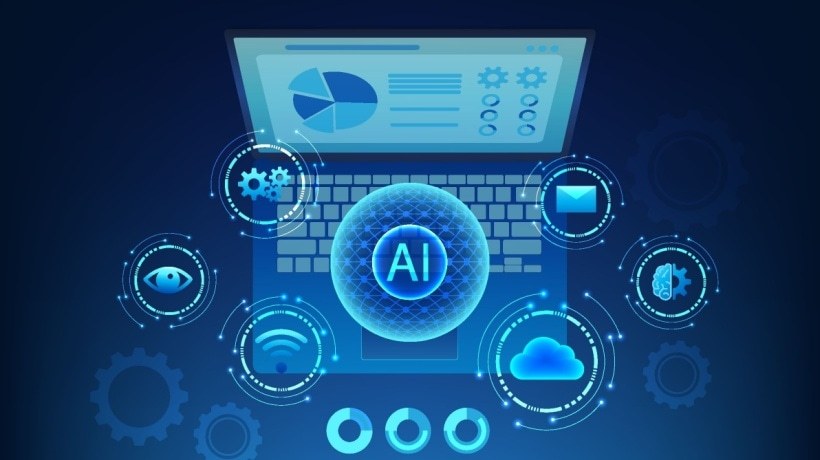Navigating The AI Revolution In Education
In a world where technology is advancing at an unprecedented pace, Artificial Intelligence has emerged as a game-changer in various domains. One such field experiencing a profound transformation is education, particularly in the realm of eLearning. This article explores the fascinating ways in which Artificial Intelligence is revolutionizing eLearning, making education more accessible, engaging, and personalized.
The Revolution Of AI In Education
Artificial Intelligence, or AI, is not just a futuristic concept; it's a force reshaping the landscape of education. Imagine having a personal tutor available 24/7, adapting to your learning style, and providing tailored lessons. This is the promise AI brings to eLearning.
1. Personalized Learning Paths
Traditionally, education has been a one-size-fits-all model. AI disrupts this by offering personalized learning paths. Through sophisticated algorithms, AI analyzes individual progress, adapts content delivery, and ensures that learners grasp concepts at their own pace.
2. Intelligent Content Curation
Say goodbye to information overload! AI-driven systems curate content based on learners' preferences and proficiency levels. This ensures that students are presented with relevant material, fostering a more efficient and enjoyable learning experience.
3. Interactive Learning Experiences
Remember the monotony of reading through textbooks? AI injects life into eLearning by creating interactive modules. From virtual simulations to gamified quizzes [1], AI makes learning dynamic and engaging, catering to diverse learning styles.
The Human Touch In AI-Enhanced Learning
While AI brings a new level of efficiency, it's crucial to maintain the human touch in education. It's not about replacing teachers; it's about empowering them and enhancing the overall learning experience.
1. AI As An Assistant, Not A Replacement
AI serves as a virtual assistant, handling routine tasks like grading, tracking progress, and providing instant feedback. This allows educators to focus on what matters most—fostering meaningful connections with students.
2. Collaborative Learning Platforms
AI facilitates collaborative learning through platforms that encourage interaction among students. Discussion forums, group projects, and virtual classrooms harness the power of AI to create a sense of community in the digital learning space.
Breaking Barriers: AI And Accessibility In Education
Education should know no bounds, and AI is breaking down barriers to make learning accessible to all, irrespective of geographical location or socio-economic status.
1. Global Learning Communities
AI connects learners globally, enabling the exchange of ideas and perspectives. Virtual classrooms, powered by AI, transcend geographical limitations, fostering a diverse and enriching educational experience.
2. Bridging The Language Divide
Language should never be a hindrance to learning. AI-powered translation tools break down language barriers, ensuring that educational resources [2] are accessible to speakers of diverse languages.
3. Adaptive Accessibility Features
AI introduces adaptive features catering to diverse needs, making education accessible to individuals with disabilities. From text-to-speech tools to adaptive interfaces, AI ensures that no one is left behind.
Navigating The Challenges: Ethical Considerations In AI-Driven Education
As we embrace the AI revolution in eLearning, it's essential to navigate the ethical considerations surrounding its implementation.
1. Data Privacy Concerns
The influx of data in AI-driven education raises concerns about privacy. Striking the right balance between personalization and data protection is crucial to building trust in AI-enhanced learning environments.
2. Bias In AI Algorithms
AI algorithms are only as unbiased as the data they are trained on. Addressing bias in educational AI is paramount to ensuring fair and equitable learning experiences for all.
Conclusion: Shaping The Future Of Learning
In conclusion, the synergy between Artificial Intelligence and eLearning is reshaping the future of education. From personalized learning paths to global learning communities, AI is unlocking doors to a more inclusive and engaging learning environment.
Key Takeaways
- AI personalizes learning, adapting to individual needs.
- Interactive modules and gamified quizzes make learning dynamic.
- AI serves as an assistant for educators, not a replacement.
- Global learning communities break down geographical barriers.
- Ethical considerations, including data privacy and bias, must be addressed.
FAQs: Answering Your Burning Questions
Q1: How Does AI Personalize Learning?
AI analyzes individual progress and adapts content delivery based on learning styles, ensuring a tailored educational experience.
Q2: Can AI Completely Replace Human Teachers?
No, AI is designed to assist educators in handling routine tasks to free up time for more meaningful interactions with students.
Q3: How Does AI Address Language Barriers In Education?
AI-powered translation tools break down language barriers, making educational resources accessible to speakers of diverse languages.
Q4: What Ethical Considerations Are Associated With AI In Education?
Data privacy concerns and bias in AI algorithms are key ethical considerations that need careful attention in the implementation of AI in education.
Q5: Is AI Making Education More Inclusive For Individuals With Disabilities?
Absolutely, with adaptive features like text-to-speech tools and adaptive interfaces, AI ensures education is accessible to individuals with disabilities.
In the ever-evolving landscape of education, Artificial Intelligence stands as a beacon of innovation, guiding us toward a future where learning knows no bounds. Embrace the AI revolution, and let the journey of redefined education begin!
References
[1] Game on: immersive virtual laboratory simulation improves student learning outcomes & motivation
[2] 7 Tips To Use Open Educational Resources In Online Training









